Choosing the right broker is the first and important step to join the forex world. If you're not careful, you will be sucked into the traps of a forex broker scam that leads you to a devastating loss.
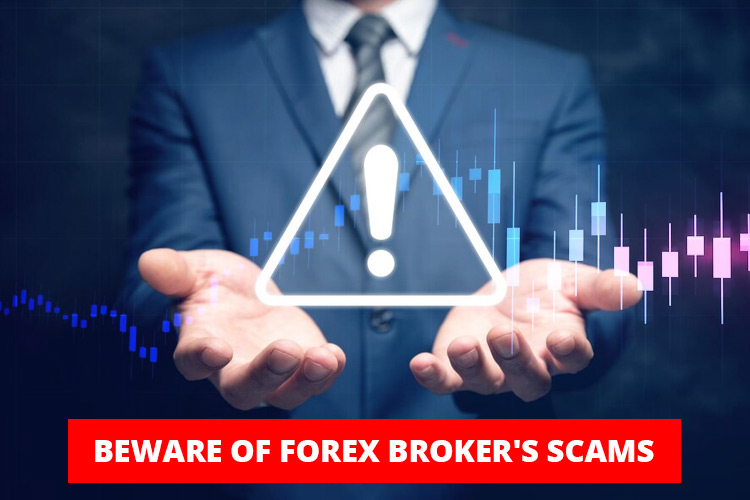
Not every broker you will find out is legit. Maybe it's not a new thing anymore. Even when you search on your browser using the keyword "forex broker scam", the number of results will blow your mind. Yes, there are many scam brokers you need to be aware of. Let's say forex brokers who manipulate spread and chart or even broker who runs away with clients' money.
A problematic broker is one of the biggest forex trader enemies. Therefore you need to ensure that a broker is reliable, viable, regulated, and has a tremendous reputation before registering and depositing a large amount of money.
Here are some tips to avoid forex broker scams:
- Check their contact support.
- Beware of unrealistic promises.
- Review them online.
- Check their regulation.
- Always check your monthly statement.
- Try trading with small capital.
- Make withdrawal.
To put everything on your checklist, you will need some research time. So, here are some research items to find out if your broker is a scam or not:
1. Check the Contact Support
One easy thing to check is to contact support. You must contact your broker occasionally, so make sure they're reachable. If your broker does not respond or takes too long to answer, it can be a red flag for you to consider.
You must also ask a lot of questions once they respond. You can ask about what the company offers, minimum deposit, leverage, spread, program, and experience with clients. By then, you can tell if the broker puts their client's interest first or not. Make sure as well that you're comfortable with the way they explain things. Again, it is a red flag if they seem rushed or hiding something.
2. Be Careful of Strange Contact
You must be careful if you receive a call or email from a broker with whom you have never had business. Also, don't easily trick by seminar invitation which promises free lunch or goody bags. Especially the ones who tried so hard to convince you to join them, followed by so many "too good to be true" promises.
Most of it is just a trick from scam brokers to get new clients. Legit broker easily gets new clients without wasting time calling or inviting random people. They will also warn new clients about the risk of trading forex, not only bragging about the profit.
3. Read Forum or Review About The Broker
Take some time to conduct digital observations about your broker. You can read an online forex forum or review written by a real trader. Read from more than one source to make your research more comprehensive.
Make sure there is no complaint about not able to withdraw funds. If you read many complaints about it, it's possible that the broker is a scam and runs away with client money. But if there are only one or two complaints, you can contact the user for more detailed info.
4. Make Sure Your Broker Is Regulated
A legit broker is supposed to work under a license and permit from regulators. The regulator will watch over the broker and ensure the broker works professionally and fairly, protecting customers.
Some of the top regulatory agencies in the world include:
- The Financial Conduct Authority (FCA) and the Prudential Regulation Authority (PRA) in the United Kingdom
- The Commodity Futures Trading Commission (CFTC) and the National Futures Association (NFA) in the United States
- The Swiss Financial Market Supervisory Authority (FINMA) in Switzerland
- The Australian Securities and Investments Commission (ASIC) in Australia
- The Financial Services Agency of Japan (JFSA) in Japan
- The Cyprus Securities and Exchange Commission (CySEC) in Cyprus
If the broker you use is regulated by one of the regulatory agencies above, you can be confident that it is safe. The reason is that these regulatory agencies have strict requirements that brokers must meet to be licensed. Only the most reputable and trustworthy brokers can obtain a license.
On the other hand, traders should be careful of claims of regulation by bad brokers. A bad broker usually claims to have a license from a certain authority to trap new clients, but when you check in regulator's website, there is no broker registered under the number. If you find a broker that is not regulated, you should not open an account or deposit any funds at all costs.
Here are the steps on how to check if a forex broker is regulated:
- Check the broker's website.
Most forex brokers will list their regulatory status on their website. Look for a section on the website that discusses the broker's regulatory status. The section may be labeled as "Regulation," "Legal Information," or "Compliance." - Visit the regulatory agency's website.
Once you have found the broker's regulatory status on their website, you can visit the regulatory agency's website to verify the information. The regulatory agency's website will typically have a list of all of the brokers that it regulates. You can search for the broker's name on the list to verify that the agency regulates them. - Contact the regulatory agency.
If you are still unsure whether or not a broker is regulated, you can contact the regulatory agency directly. The regulatory agency will be able to provide you with more information about the broker's regulatory status.
5. Check Your Statement Regularly
You can check your statement when you join a broker but are still unsure if the broker is legit. Brokers should send this once a month or every time you have a transaction.
Check your statement carefully, whether you receive them online or in a printed version. Ask your broker if some items do not match your notes. If their response does not satisfy you, ask their manager or someone higher up. You are allowed to be careful and detailed with your money.
So, if you find one of these signs in your broker, review all your trading documents. Discuss it with a friend with more experience in forex trading or ask opinion in an online forum before taking action with your account.
Don't doubt quitting and moving to another broker if you are unsatisfied with your current one. You can use the Broker Finder to eliminate the choices of forex brokers unsuitable to your standard.
6. Try Live Account With Small Capital
Forex trading is a risky activity, and there are many scams out there. One way to protect yourself from being scammed is to start trading on the broker with a small amount of capital.
Once you have deposited with a forex broker, you should try to conduct some trades to experience firsthand their services. If you encounter any obstacles, such as frequent slippage or prices significantly different from other brokers, this is a red flag that the broker may be a scam. However, it is important to always trade with money that you can afford to lose.
7. Test the Withdrawal Process
You can test the withdrawal process to determine whether a broker can be trusted. A reputable broker will process withdrawal requests quickly and smoothly.
On the other hand, scam brokers will make the withdrawal process complicated. They may try to or even refuse your withdrawal request. This could result in you never receiving your funds.
If you experience a complicated withdrawal process or prolongs, it is important to stop trading with that broker. Look for a more reliable and transparent broker. Prioritizing safety and trust in your trading activities is crucial to avoid risks.
Popular Case of a Forex Broker Scam
One example of a widely known scam involves the Masterforex (MFX Broker). MFX Broker was established in 2006 under Masterforex and obtained licensing from the IFSC Belize. However, they later rebranded as MFX Broker without renewing their license. In the initial years after the rebranding, MFX gained popularity among traders worldwide.
Yet, suspicions arose after the rebranding, with the company's license status remaining "in process" and their investment program offering unrealistically high fixed returns, ranging from 3% per month to 100% per year.
The situation worsened a year later when traders and IBs were left unpaid, and the IFSC Belize announced the revocation of MFX's license. Many traders also faced withdrawal difficulties, leading to accusations of scam practices against MFX.
The FPA strongly advises against trading with MFX broker, as they have been proven to be a scam and encountered multiple issues. The broker's official website has been taken down, and the company has ceased operations.
In forex trading, it is common for brokers to engage in scamming practices. This is why traders should be aware of the red flags that indicate a scam broker. Here are some examples of scam brokers that traders should know.

 Dedicated FREE FOREX VPS
Dedicated FREE FOREX VPS Free FOREX Virtual Private Server
Free FOREX Virtual Private Server MT4 Demo Contest, Get $500
MT4 Demo Contest, Get $500 Sign Up for an Account, Claim 60% Deposit Bonus
Sign Up for an Account, Claim 60% Deposit Bonus Free MT4/MT5 VPS 2024
Free MT4/MT5 VPS 2024 Send E-mail and Get Free Merchandise
Send E-mail and Get Free Merchandise $1K Refer a Friend Bonus for Pepperstone Pro clients
$1K Refer a Friend Bonus for Pepperstone Pro clients Maximize Your Earnings with 100% Deposit bonus
Maximize Your Earnings with 100% Deposit bonus Trade to Win, $5,000 Monthly Demo Contest
Trade to Win, $5,000 Monthly Demo Contest Claim 30% + 15% Deposit Bonus from LiteFinance
Claim 30% + 15% Deposit Bonus from LiteFinance
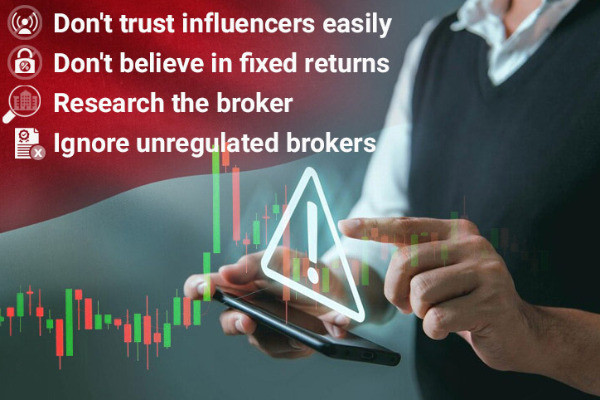
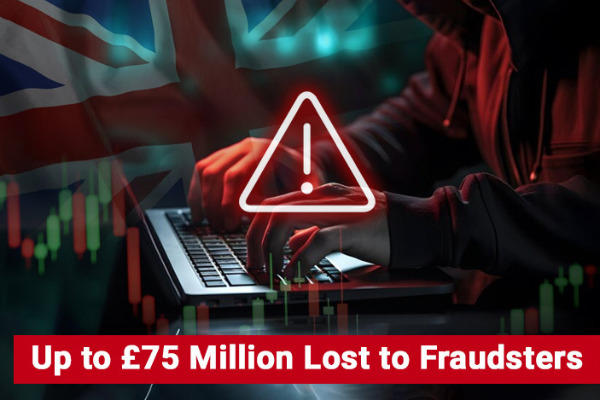
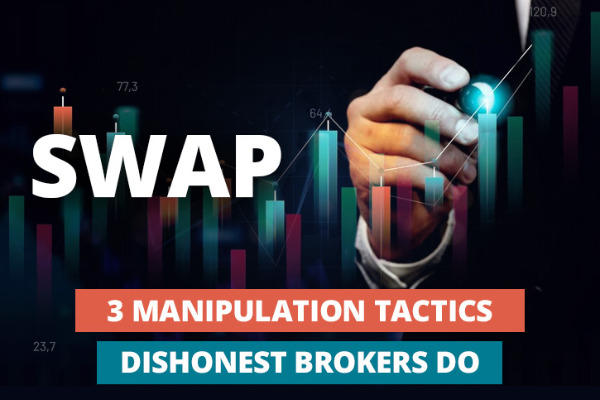
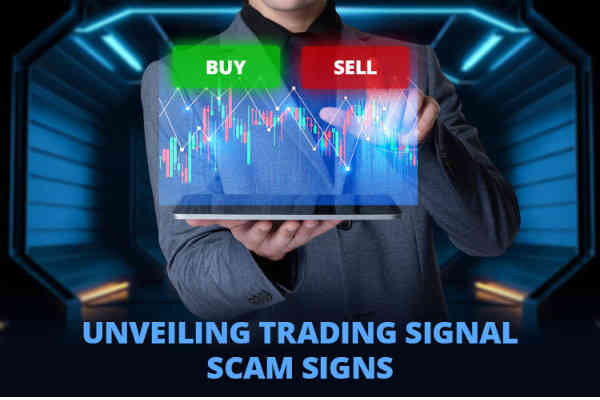
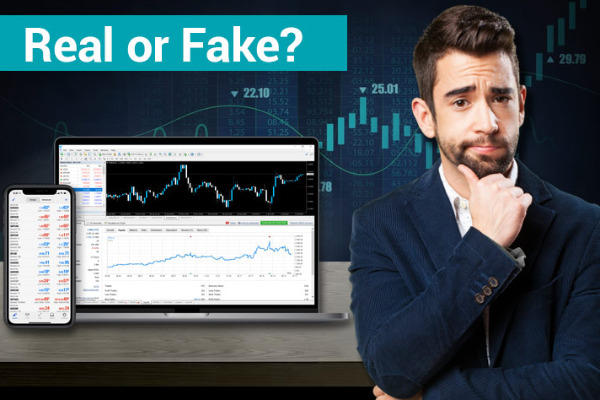
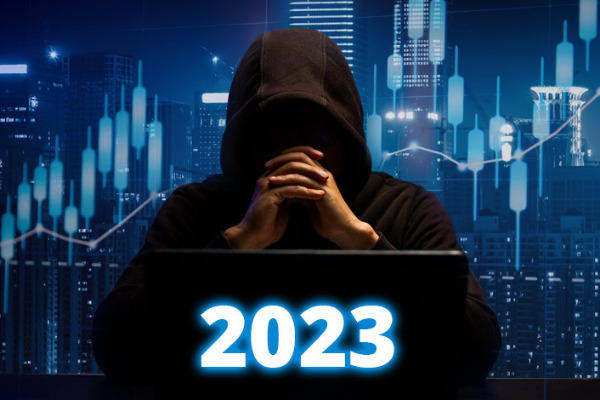
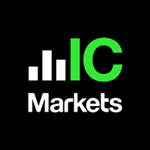
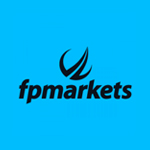


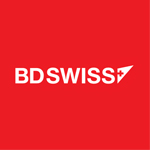

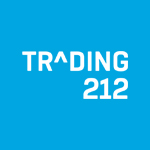

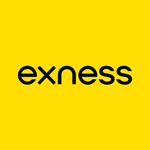
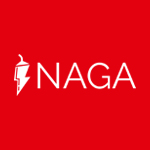



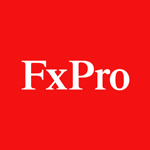








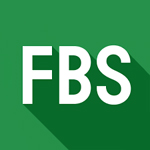
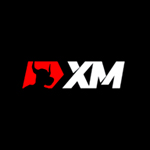

2 Comments
Shouta
Feb 28 2024
As a newcomer to trading, I'm understandably concerned about the situation described in the article. The fact that suspicions arose after the rebranding of the company, coupled with the MFX license status still being "in process," is definitely cause for alarm. Additionally, the investment program offering extremely high fixed returns, ranging from 3% per month to 100% per year, seems too good to be true.
Now, considering my broker has also presented investment opportunities with lower returns, it's natural to wonder if those high returns are realistic or if they might also indicate a potential scam. It's crucial to exercise caution and thoroughly research any investment opportunities before diving in, especially as a beginner in the trading world.
Ovin
Mar 4 2024
Hey there! It's crucial to be cautious when presented with investment opportunities promising exceptionally high returns, especially if there are red flags such as uncertain licensing status and suspicions after company rebranding. Research the company thoroughly, seek professional advice, and verify licensing status with regulatory authorities. Understand the risks involved, avoid pressure sales tactics, and diversify your investments to mitigate risks. Trust your instincts—if something seems too good to be true, it probably is. By being cautious and conducting due diligence, you can reduce the risk of falling victim to potential scams or fraudulent schemes.